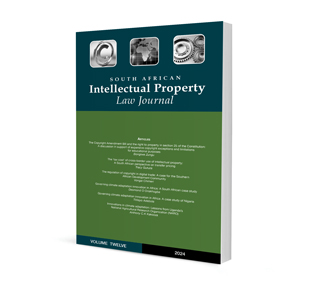The Right to Self-Determination: A Consideration of Agitations for Selfgovernance by Ethnic Nationalities in Nigeria

The Right to Self-Determination: A Consideration of Agitations for Selfgovernance by Ethnic Nationalities in Nigeria
Authors Marcus Ayodeji Araromi and Okunlade Isaac Adejumo
ISSN: 2411-7870
Affiliations: LLB LLM PhD (University of Ibadan). Lecturer, Department of Public Law, University of Ibadan, Nigeria; LLB LLM (Obafemi Awolowo University, Ile-Ife). Lecturer, Department of Public Law, University of Ibadan, Nigeria
Source: Fundamina, Volume 31 Issue 2, p. 1-56
https://doi.org/10.47348/FUND/v31/i2a1
Abstract
Self-determination is a political concept that, in some contexts, has found expression in the international politics of decolonising former colonial territories and carving a new state out of an existing one. This concept, furthermore, has been viewed as a political right that needs to be explored by various disgruntled ethnic groups to exit their mother-nations. The focus of this contribution is on interrogating the agitations of certain ethnic groups in Nigeria to secede from the country and to determine whether their agitations are justified. The authors consider some fundamental bases for these agitations and review the international stance on self-determination. The contribution adopts a historical, legal and analytical approach in its exploration of the concept of self-determination. Article 1 of the United Nations Charter asserts respect for the principle of equal rights and self-determination of peoples. In addition, Article 1 of the International Covenant on Civil and Political Rights, and Article 1 of the International Covenant on Economic, Social and Cultural Rights both affirm that “[a]ll peoples have the right of self-determination”. The idea of federating with other units is a matter of choice and cannot take place by force. However, choice is a factor that was conspicuously absent in the coagulation of different ethnic nationalities into one federal state in Nigeria. This contribution argues that the idea of “legitimate choice” in determining one’s political affiliation is the only veritable basis for merging two or more ethnic groups together as a sovereign nation.

